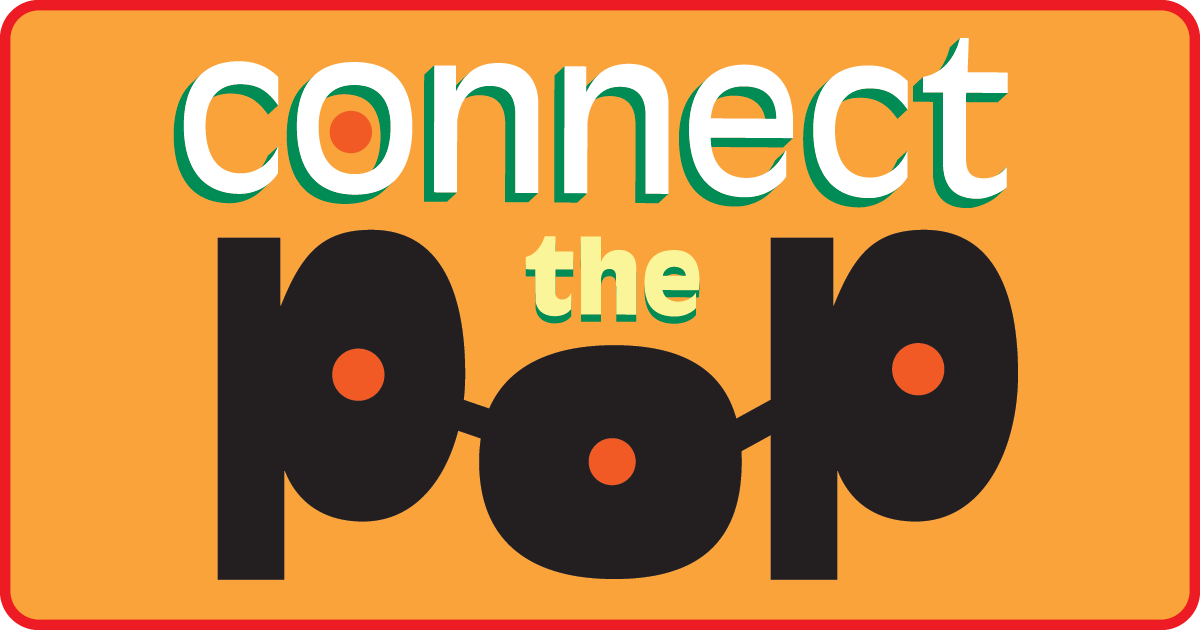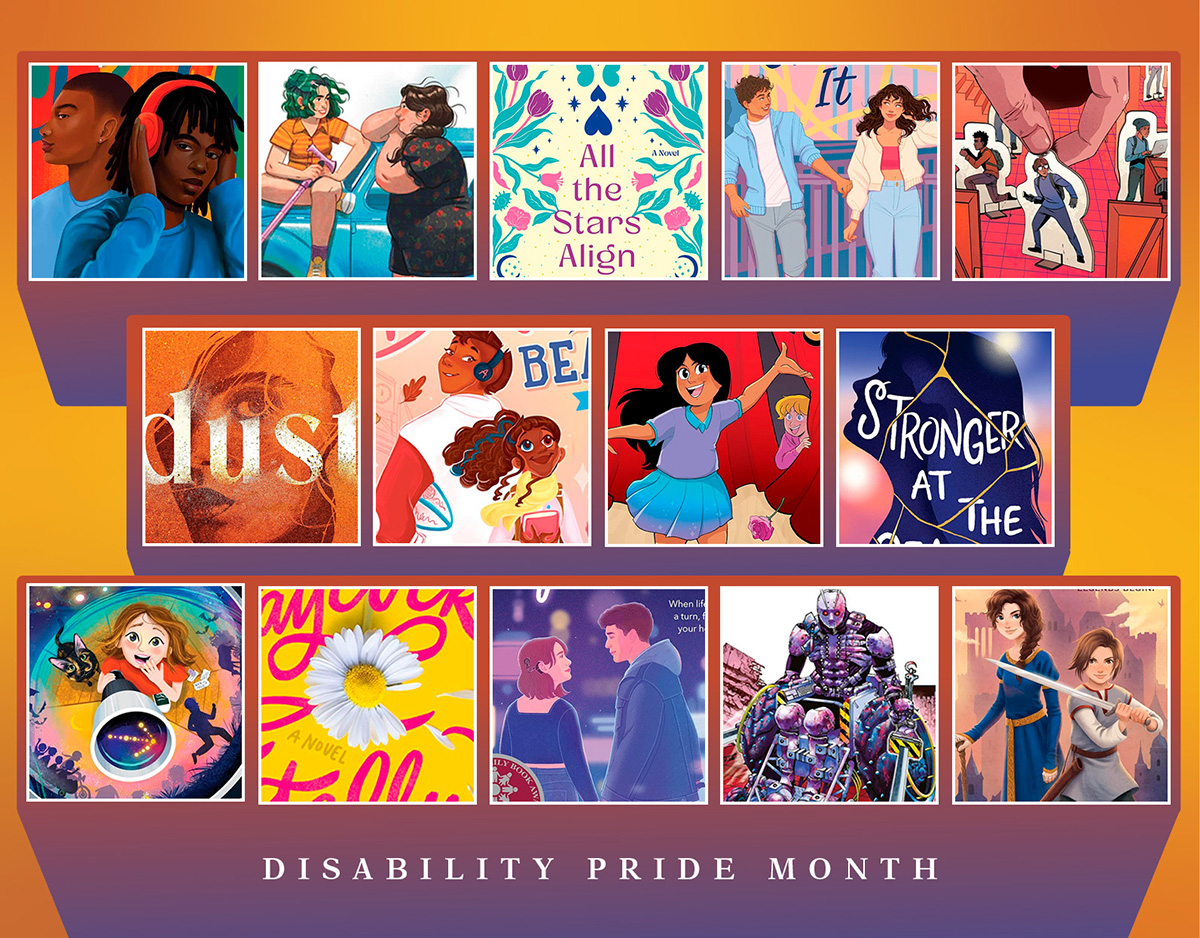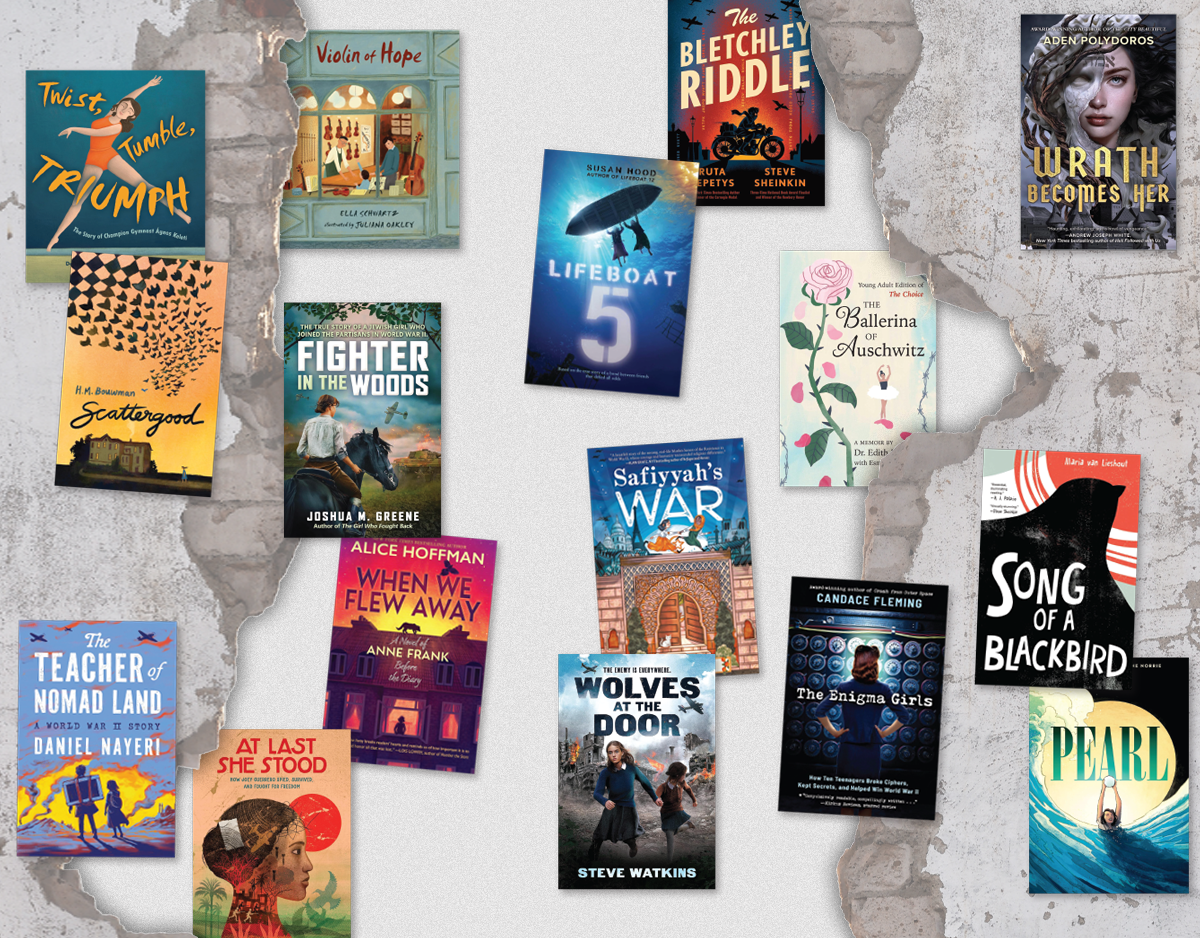SCROLL DOWN TO READ THE POST
BEA, Famous Authors, and Why We’re All Guilty of Promoting ‘Celebrity Culture’

Disclaimer for the post you’re about to read: Maybe I’ve just attended too many BEA’s and need a break. Or maybe I’m just getting old and crotchety. And, just maybe, despite the element of truth in such speculations, there’s still something of value in what follows… you tell me.
***
It’s the same, I suppose, for any gathering vast enough and commercial enough to warrant an exhibition floor whose far side you can’t see without binoculars: the biggest pedestrian traffic jams occur wherever there are “in-booth signings.” If you don’t believe me, just take a look at the photo a couple of paragraphs down. It was taken only 49 seconds after doors opened for “#BEA13,” and already you can spot the snarls of congestion wherever an author is doing an in-person promo.
ADVERTISEMENT
ADVERTISEMENT
All right, so it’s not 49 seconds into the show—I’m exaggerating. But trust me when I say that subway car-like crowd density was evident at many points, and though this never approached Comic-Con levels it was also far was less entertaining than the swarms of humanity one finds in San Diego: sure, I guess there was some cosplay going on, but most participating attendees chose to dress up as publishing executives for some reason. Things got to the point where I started fantasizing about running BEA, and how I’d implement a mandatory five minutes of sustained silent reading just so all the schmoozing and chatter could be put on hold. That way we could all collectively celebrate the act of reading itself… um, you know, the root reason for why we were all there in the first place.
To be fair (it’s about time, isn’t it?), one could argue that reading is implicitly important to BEA. Everyone loads up on ARC’s and then goes home and devours them. Then, when the titles in question reach their pub dates, they’re hand sold in stores, or blogged about, or find their way into libraries. The rest of the year, in fact, is all about reading, and events such as BEA, ALA or Comic-Con allow readers to emerge from their solitary pursuits to connect with both each other and creators.
In all these cases, though, it’s the draw of celebrity that adds sizzle to the event. Even if you’ve never heard of a given author, if you find yourself crossing a block-long line of autograph seekers, you’ll probably take note of his or her name. Which is how the concept of celebrity works across media. No, there’s nothing wrong with admiring and “celebrating” the work of our favorite creators, but the moment “best-selling” or “fan favorite” or “beloved” gets added to a front or back cover of a book (let alone a boat-sized banner at a media convention), something else is at work. Such authors become brands that attracts new readers—new customers—not by virtue of word-of-mouth or glowing reviews, but because they’re already renowned. It’s social circularity at its finest.
So, yes, having author visits at schools and libraries is a wonderful thing. And getting a signed book can actually be a force for genuine inspiration—I still cherish Stephen King’s “Good luck with your writing” inscribed in a hardcover of mine when I was teen. But every time we highlight “hot” or award-winning authors, we might want to counter that the next day or week by mentioning a writer who lived, worked, and died without much recognition at all. In a sense we do that when studying the lives of a number of canon authors, so it’s tempting to think that therefore we’ve undermined the whole we-only-focus-on-the-famous tendency… except, of course, for the fact that those canon authors have now passed into the realm of legend. A true antidote to encroaching celebrity worship would be to spotlight a present-day struggling writer of merit. And by “struggling” I simply mean someone who doesn’t write books for a living because it isn’t financially feasible. Let’s have Skype sessions with those writers. They can share how they manage to stay committed to the craft of the writing with perhaps barely any encouragement from the public at large.
After all, isn’t that the same situation in which most youth writers find themselves?
Filed under: Media Literacy, Print Media
About Peter Gutierrez
A former middle school teacher, Peter Gutierrez has spent the past 20 years developing curriculum as well as working in, and writing about, various branches of pop culture. You can sample way too many of his thoughts about media and media literacy via Twitter: @Peter_Gutierrez
ADVERTISEMENT
SLJ Blog Network
Instagramming ALA 2025 (Part II)
Review of the Day: Freya and the Snake by Fredrik Sonck, ill. Jenny Lucander
Love in the Palm of His Hand, vol. 1 | Review
Book Review: The Dead of Summer by Ryan La Sala
The Classroom Bookshelf is Moving
ADVERTISEMENT
ADVERTISEMENT








